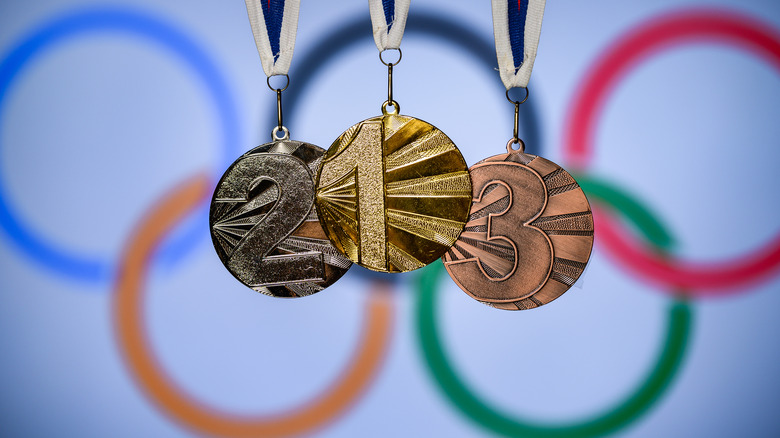India Faces Concerns Over Alleged Bias in International Sports Competitions

India Faces Concerns Over Alleged Bias in International Sports Competitions
In recent years, India has been increasingly vocal about perceived injustices and biases at international sporting events. The issue of being “robbed” of medals has been a significant concern, as athletes and officials cite numerous instances where they believe results have not fairly reflected performances.
Controversial Decisions and Their Impact
-
Boxing Controversies:
- Indian boxers have faced several contentious decisions in the ring. A notable recent incident involved Nishant Dev at the 2023 IBA Men’s World Boxing Championships held in Tashkent. Nishant, who was competing in the 71 kg category, faced a controversial defeat in the quarterfinals against Cuba’s Jorge Cuellar. Despite a strong performance, Nishant lost the bout via a split decision (2-3), with many experts and fans questioning the judges’ scoring. The decision led to protests from the Indian camp, highlighting ongoing concerns about fairness in boxing officiating.
-
Wrestling and Officiating Issues:
- Wrestling, a sport where India has historically performed well, has also seen its share of disputes. Vinesh Phogat, a prominent Indian wrestler, faced a contentious situation at the 2022 World Wrestling Championships. Despite winning her early bouts convincingly, Vinesh was involved in a controversial refereeing decision in the semi-finals against a Mongolian opponent. The match ended with Vinesh losing in a manner that sparked debates over the referee’s calls, adding to the long-standing issues of inconsistent officiating in wrestling.
-
Athletics and Timing Mishaps:
- Timing errors and equipment failures have also been a thorn in the side for Indian athletes. During the 2022 Commonwealth Games, several athletes complained about discrepancies in timing systems and measurement techniques that may have impacted medal outcomes, particularly in track and field events.
Institutional Bias and Its Consequences
The perception of institutional bias against Indian athletes is not new. It is believed that preconceived notions and geopolitical dynamics often play a role in the treatment of athletes from different countries. This has led to calls for more stringent oversight and reforms in international sporting bodies to ensure a level playing field.
-
Lack of Representation:
- One significant factor contributing to this bias is the underrepresentation of Indians in key positions within international sports federations. Indian sports officials have argued that a greater presence in these bodies could help address biases and ensure fair treatment for athletes.
-
Media Influence:
- The international media’s portrayal of Indian athletes has sometimes been less favorable compared to their Western counterparts. This disparity can contribute to unconscious bias among judges and officials, affecting decision-making in critical moments.
Government and Federation Responses
In response to these concerns, the Indian government and sports federations have taken several steps:
-
Diplomatic Engagement:
- India has been actively engaging with international sports federations to address these issues diplomatically. Meetings and discussions have been held to highlight specific cases and push for greater fairness and transparency in officiating.
-
Investment in Training and Technology:
- To combat biases and improve performances, there has been a substantial increase in investment towards better training facilities, coaching, and technology. By providing athletes with world-class resources, India aims to enhance their competitive edge and make their victories indisputable.
-
Promoting Awareness:
- Indian sports bodies are also focusing on raising awareness about these issues through media campaigns and public discussions. By bringing these challenges to light, they hope to garner international support for reforms in sports governance.